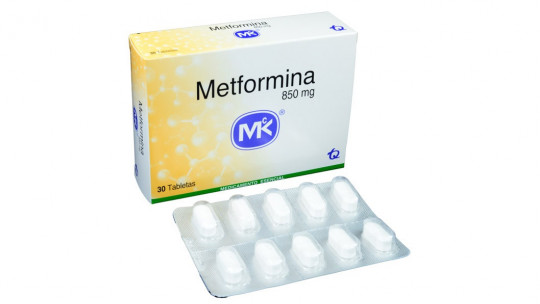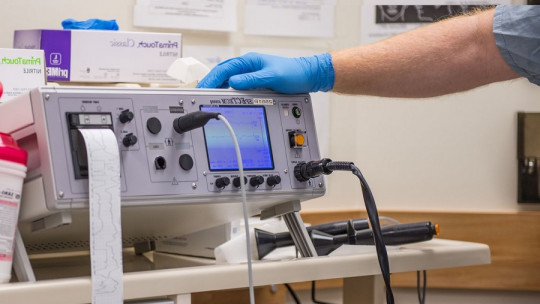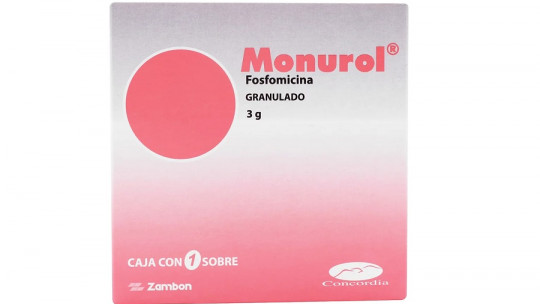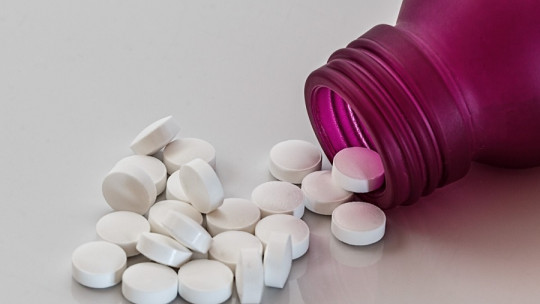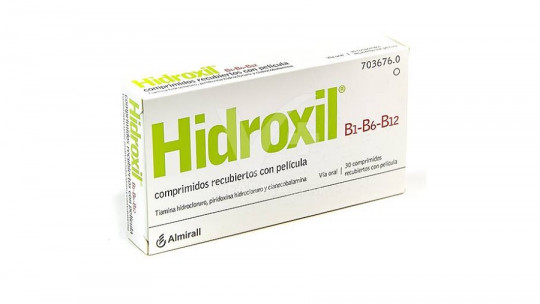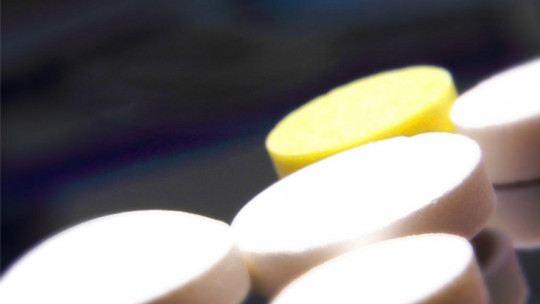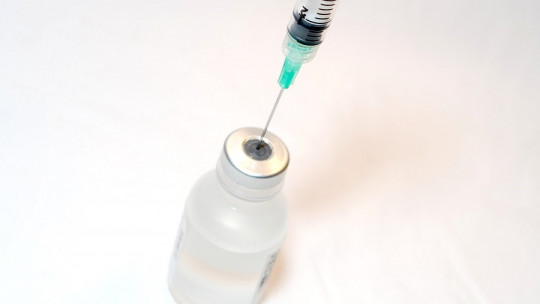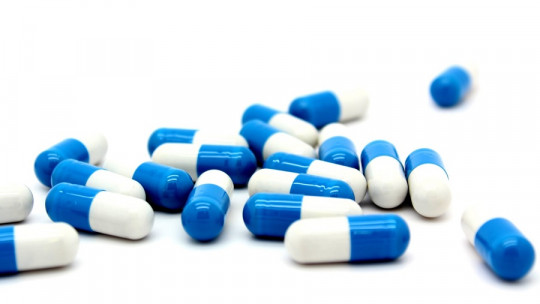
Sibutramine is a medication used in people who suffer from obesity It is mainly used to generate in patients the feeling of being satiated, so that they do not eat more than they should and it facilitates weight loss.
In this article we explain in more detail what sibutramine is, what its effects and mechanism of action are, contraindications and side effects, and its clinical effectiveness.
What is sibutramine and what effects does it have?
Sibutramine is an anorexigenic compound belonging to the group of amines (specifically a tertiary amine) used for the treatment of obesity, since the main effect it produces in the person who consumes it is that of a feeling of satiety that prevents excessive food intake, thus facilitating the loss of weight.
In addition to producing a satiety effect, sibutramine also causes an increase in thermogenesis, which is our body’s ability to generate heat, thus contributing to the reduction of body weight.
This drug is indicated for the treatment of people with obesity and a body mass index (BMI) greater than 30 kg/m²; that is, individuals with type I obesity and higher (type II, type III or morbid and type IV or extreme). Although It can also be prescribed in cases of excess weight in people with a BMI equal to or greater than 27 kg/m² in which case associated risk factors must coexist, such as diabetes, high cholesterol or hypertension.
Sibutramine is a medication that should be used in the context of an obesity treatment program that includes guidelines for modifying dietary habits and increasing physical activity.
Action mechanisms
Sibutramine is a compound that acts as a selective inhibitor of the reuptake of serotonin, norepinephrine and, to a lesser extent, dopamine At a pharmacological level, this blockade of the reuptake of monoamine neurotransmitters translates, as we have mentioned, into a set of effects that basically imply: an early feeling of satiety (which reduces food intake); and an increase in energy expenditure (thermogenesis).
The effects produced by sibutramine are related to the increase in synaptic levels of norepinephrine and serotonin at a central level, which allows the activation of the a1 and b1 adrenergic receptors (for norepinephrine) and the 5-HT2A and 5-HT2A receptors. HT2C serotonergic (serotonin), mechanisms involved in the early activation of satiety mechanisms.
Regarding thermogenic effects, these seem to be more specifically related to the activation of beta 3 adrenergic receptors. Besides, sibutramine and its active metabolites lack activity on other types of receptors (muscarinic, histaminergic or benzodiazepines), so it would not induce side or pharmacological effects in interaction with them.
Contraindications
Sibutramine is a drug that is contraindicated in people who have a history of type 2 diabetes mellitus with another associated risk factor, such as hypertension or high cholesterol.
They should also refrain from consuming this medication. people with heart disease, eating disorders (such as anorexia nervosa or bulimia), pregnant women during the breastfeeding period and when using other drugs such as nasal decongestants, antidepressants, cough suppressants and appetite suppressants.
Sibutramine should also not be used, with some exceptions, in people with a body mass index (BMI) less than 30 kg/m², nor in children, adolescents or people over 65 years of age.
Side effects
Despite being chemically related to amphetamine, the stimulant effects are less powerful and no withdrawal syndrome occurs when stopping treatment. With everything, The consumption of sibutramine is not exempt from generating side effects ; The most common are the following:
Clinical efficacy
Investigations carried out with sibutramine in obese patients without or with concomitant pathologies (mainly, type 2 diabetes, hypertension and hyperlipidemia), have suggested that there is a direct relationship between the weight loss obtained and the dose of the medication, with the best relationship between benefit and risk being 10 mg every 24 hours.
However, there is a significant percentage of patients who do not respond adequately to a dose of 10 mg, but do respond adequately to a dose of 15 mg every 24 hours, without a relevant increase in side effects.
Weight loss during the first 4 weeks taking sibutramine is a good predictor of patients who will be most likely to benefit from long-term treatment. The maximum weight reduction occurs after 3 months, which is maintained during the treatment period.
According to studies, the consumption of sibutramine also produces a statistically significant reduction in the waist-to-hip ratio proportional to the dose used. In addition, reduces the feeling of hunger and increases the satiety effect in patients.
The Reductil controversy
In 2010, the Spanish Agency for Medicines and Health Products (AEMPS) ordered the withdrawal and precautionary suspension of sales of sibutramine, marketed in Spain under the name Reductil This decision was made on the recommendation of the European Medicines Agency, which at the time considered that the expected benefit of this drug did not outweigh its potential risks to the patient’s health.
Since its marketing, sibutramine had been associated with cases of patients reporting increases in blood pressure, heart rate, and various adverse reactions. Furthermore, its consumption was related to several deaths in different European countries.
To verify whether the use of this drug was really related to the incidence of these pathologies and the deaths of these people, the large-scale SCOUT study was carried out, a randomized, double-blind trial with a placebo group, which included 10,000 obese or overweight patients, with some cardiovascular disease (CVD) and/or type 2 diabetes mellitus and with at least one additional risk factor for CVD.
After a 5-year follow-up, the study results showed an increased risk of serious cardiovascular events (such as myocardial infarction and stroke) in the group of patients treated with sibutramine versus the placebo group.
With the conclusions of the study in hand, The AEMPS urged doctors to stop prescribing or start new treatments with said medication and pharmacists to stop dispensing Reductil or preparing any other compounded formula with the active ingredient sibutramine.

